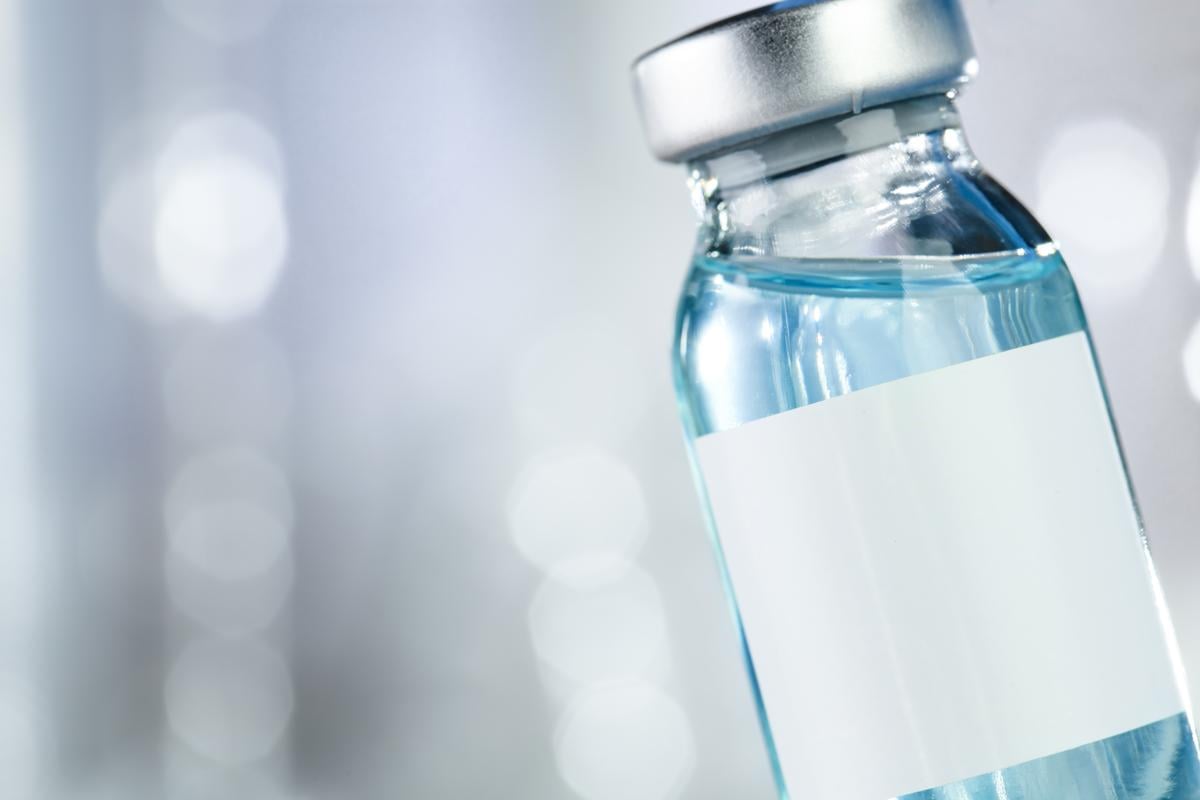Alternative treatments came at significantly higher costs for both payers, patients
By Lori Solomon HealthDay Reporter
TUESDAY, Oct. 1, 2024 (HealthDay News) — The 2023 cisplatin shortage led to a shift in utilization to alternative therapies for head and neck cancer (HNC), resulting in significant cost increases, according to a study presented at the American Society of Clinical Oncology annual Quality Care Symposium, held from Sept. 27 to 28 in San Francisco.
Puneeth Indurlal, M.D., from the U.S. Oncology Network in The Woodlands, Texas, and colleagues assessed the effects of cisplatin shortage on the treatment of HNC at practices in the U.S. Oncology Network. Utilization trends and financial impact were assessed using drug administration data from medical records and claims for 26 practices prior to (July 2022 to January 2023), during (February to August 2023), and after (September 2023 to March 2024) the shortage period.
The researchers found that during the shortage period, cisplatin utilization for HNC decreased by 15 percent. The lowest utilization (a 60 percent decrease) occurred in June and July 2023. Alternative chemotherapy drugs for HNC saw increased use during the shortage, including carboplatin (40 percent increase), paclitaxel (24 percent), 5-fluorouracil (5.3 percent), and cetuximab (15 percent). Among existing cisplatin recipients, 10 percent were shifted to an alternative drug during the shortage period. While less acute of a shortage, 5-fluorouracil was also in short supply. Cisplatin volumes rebounded by 8 percent of preshortage use, while carboplatin use dropped below preshortage levels. Cetuximab use persisted at 12 percent higher. Based on Medicare average sale price, the average cost per administration was $18 for cisplatin, $14 for carboplatin, $16 for paclitaxel, $22 for 5-fluorouracil, and $2,607 for cetuximab. The increased use of cetuximab instead of cisplatin resulted in a 16 percent total cost increase, yielding a 144-fold increase in costs at the administration level, impacting both payer costs and patient cost-sharing amounts.
“The impacts of drug shortages on treatment decisions, guideline concordance, costs, and patient outcomes are apt for further investigation,” the authors write.
Copyright © 2024 HealthDay. All rights reserved.








